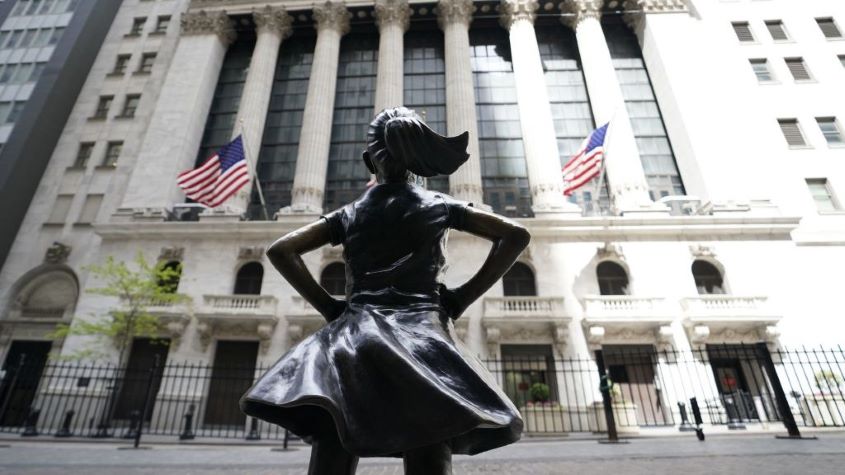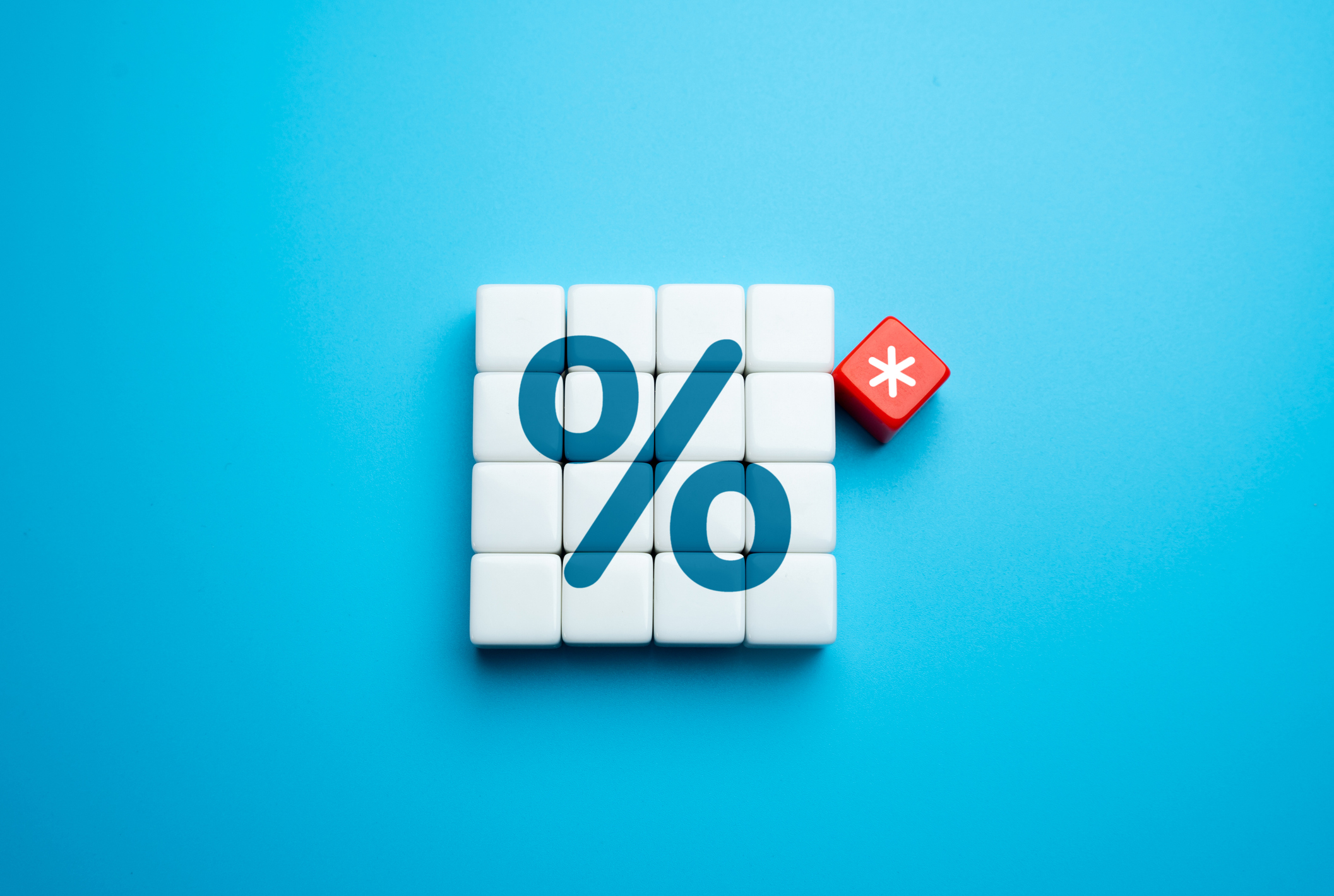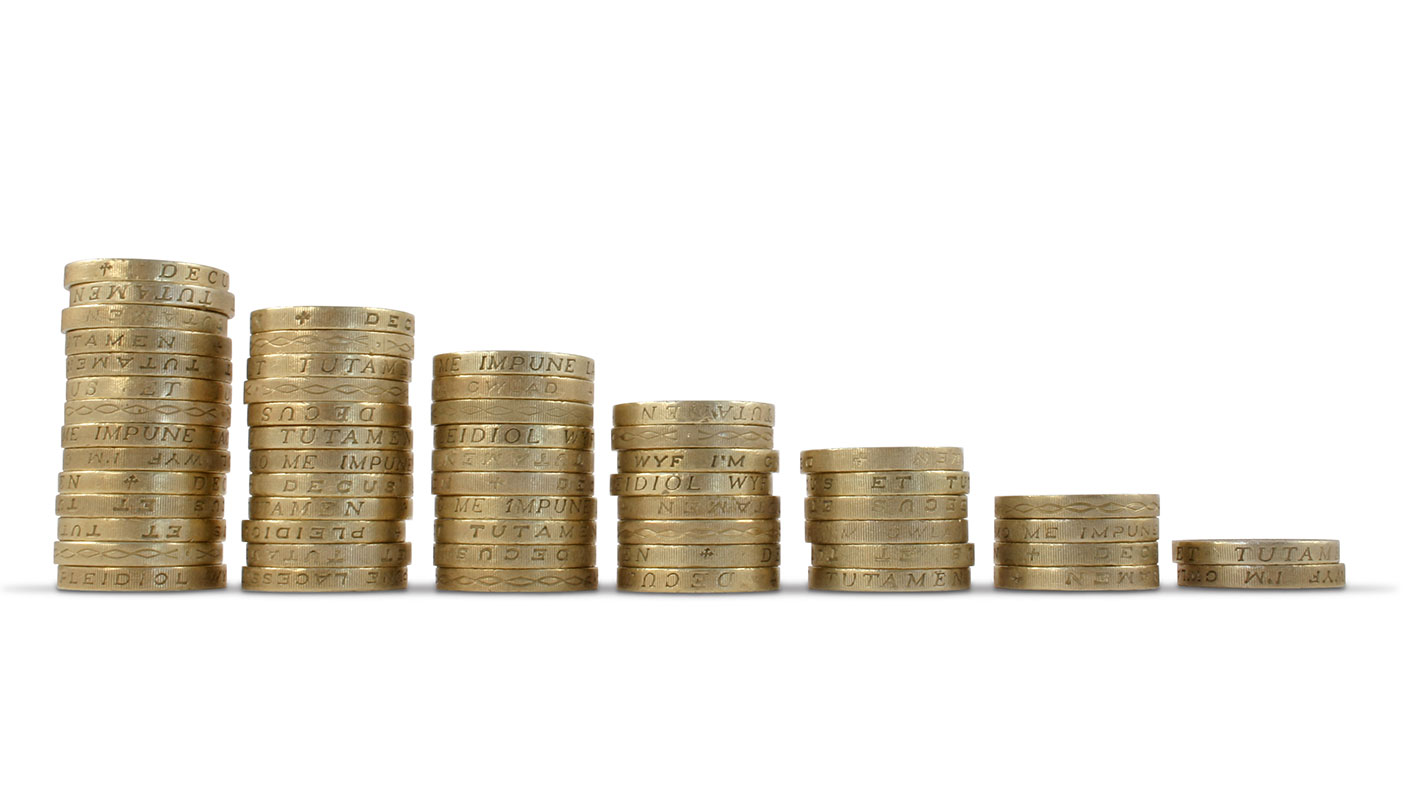Why cash is the most undervalued asset in your portfolio
Cash normally seems like the dullest part of a portfolio – but times like these remind us why it’s worth paying the price to keep some in reserve.

Get the latest financial news, insights and expert analysis from our award-winning MoneyWeek team, to help you understand what really matters when it comes to your finances.
You are now subscribed
Your newsletter sign-up was successful
Want to add more newsletters?

Twice daily
MoneyWeek
Get the latest financial news, insights and expert analysis from our award-winning MoneyWeek team, to help you understand what really matters when it comes to your finances.

Four times a week
Look After My Bills
Sign up to our free money-saving newsletter, filled with the latest news and expert advice to help you find the best tips and deals for managing your bills. Start saving today!
Over the last three months, most of us will have been glad of any uninvested cash in our portfolios. That’s partly for reassurance: since we don’t know how long the coronavirus crisis will drag on and quite how terrible the economic consequences will be, it’s psychologically easier to feel we have a bit of a buffer to cover any unexpected expenses or losses to our income. We don’t want to have to sell investments at depressed prices or rely on dividends when they are being slashed. But more optimistically, having excess cash lets us take advantage of any opportunities that the market plunge throws up.
The ultimate option
While cash normally seems like the dullest part of a portfolio, crises are a sharp reminder of why many notable investors see it as something valuable. For example, Warren Buffett “thinks of cash differently to conventional investors”, Alice Schroeder, Buffett’s biographer, told the Globe and Mail several years ago. “He thinks of cash as a call option with no expiration date, an option on every asset class, with no strike price.” That’s a technical way of putting it (see below), but it captures an interesting idea.
It’s natural to feel that holding cash is silly if we can’t earn much of a return on it. At best, we may get a long-term return slightly above inflation; more likely in today’s world of ultra-low interest rates, we will see its value eroded. That’s frustrating – but thinking of cash as an option tells us why it’s not necessarily wrong to accept that small ongoing loss.
MoneyWeek
Subscribe to MoneyWeek today and get your first six magazine issues absolutely FREE

Sign up to Money Morning
Don't miss the latest investment and personal finances news, market analysis, plus money-saving tips with our free twice-daily newsletter
Don't miss the latest investment and personal finances news, market analysis, plus money-saving tips with our free twice-daily newsletter
We can justify it as the premium we pay to have this option and be able to exercise it on those rare occasions – perhaps just once or twice a decade – when there are compelling opportunities (as is arguably the case today – not across the entire market, but in certain areas such as emerging Asia).
A small loss is a price worth paying
Of course, that only makes sense if the price we are paying for the option is reasonable. In deflation, the value of our cash will increase, so we’re even being paid to keep our options open. In hyperinflation, holding cash will be disastrous – its value will be destroyed – but you might hold a more stable foreign currency instead. At times like now, the loss is small (inflation is 1.5% and falling, you can earn 1% on deposit) and quite tolerable.
But what of a high-but-not-hyper inflation scenario – like the one that might follow this vast expansion in government spending? In the inflationary 1970s, cash didn’t do too badly – while interest rates and bond yields lagged inflation, they followed it up. That might not be the case next time – in which case, we might need to reassess the cost of consistently having, say, 10% in cash. But for now, with a bit of value emerging, cash is showing why it pays to have something in reserve for when boom turns to bust.
I wish I knew what a call option was, but I’m too embarrassed to ask
A call option gives the holder the right (but not the obligation) to buy an asset, such as a share, for an agreed price (the strike price), on or before a certain date (the expiration date). When you buy a call option, you pay a fee (known as a premium) to the seller of the option (also known as the writer of the option). If you exercise the option, the seller must sell you the underlying asset at the agreed price. Otherwise the option expires worthless and the seller has no further liabilities.
You can use call options to bet on the price of an asset rising, while limiting your potential loss to the premium that you paid. Let’s assume that Acme Widgets is trading at 100p per share and a call option to buy at 110p costs 5p. You buy 1,000 options at a cost of 5p × 1,000 = £50). If the shares rise to 130p, you could make a profit of £150 ((130p − 110p − 5p) × 1,000) by exercising your options to buy the shares at 110p, then selling them at the market price of 130p. However, if the shares fall – to 90p, say – you let the option expire. In that case, you lose your premium of £50 but nothing more. If you had instead bought 1,000 shares at a price of 100p, you would have lost (100p − 90p) × 1,000 = £100.
The price of an option is determined by several factors, including the volatility of the price of the underlying asset. Options on volatile assets will be more expensive and option prices tend to rise during market turmoil. The length of time remaining before an option expires is also important, with options that expire further into the future being more expensive.
Call options may be physically settled (the seller must deliver the asset to the buyer in exchange for payment) or cash settled (the seller makes a payment equal to the difference between the strike price and the current price of the asset). Call options on individual shares are usually physically settled. Options based on something that is hard to deliver – eg, a stock index such as the FTSE 100 – will be cash settled.
Get the latest financial news, insights and expert analysis from our award-winning MoneyWeek team, to help you understand what really matters when it comes to your finances.

Cris Sholt Heaton is the contributing editor for MoneyWeek.
He is an investment analyst and writer who has been contributing to MoneyWeek since 2006 and was managing editor of the magazine between 2016 and 2018. He is experienced in covering international investing, believing many investors still focus too much on their home markets and that it pays to take advantage of all the opportunities the world offers.
He often writes about Asian equities, international income and global asset allocation.
-
 Early signs of the AI apocalypse?
Early signs of the AI apocalypse?Uncertainty is rife as investors question what the impact of AI will be.
-
 Reach for the stars to boost Britain's space industry
Reach for the stars to boost Britain's space industryopinion We can’t afford to neglect Britain's space industry. Unfortunately, the government is taking completely the wrong approach, says Matthew Lynn
-
 The outlook for stocks is improving
The outlook for stocks is improvingThis is the best of times for investors, says Max King. Global risks are receding, but few have noticed.
-
 The building blocks for an income strategy: resilience, growth and diversification
The building blocks for an income strategy: resilience, growth and diversificationAdvertisement Feature Iain Pyle, Investment Manager, Shires Income plc
-
 Investment platforms offering measly interest rates on cash holdings – is your cash working hard enough?
Investment platforms offering measly interest rates on cash holdings – is your cash working hard enough?The interest rate on cash you hold within an investment account can be as low as 0.75%. We look at the worst cash rates on the market, and what you should do with your cash instead.
-
 Rethinking ESG investing
Rethinking ESG investingAnalysis Sustainable ESG funds are coming under attack for a lack of focus. Investors need to be selective
-
 Can a woman deliver you better returns?
Can a woman deliver you better returns?Tips Women often make better stock pickers than men, delivering stronger returns for investors - but with fewer females managing funds, how can you make sure you take advantage of the feminist touch when picking funds? Kalpana Fitzpatrick on how to filter funds run by women and why it matters.
-
 Flat fees vs percentage fees - are you paying too much for your investments?
Flat fees vs percentage fees - are you paying too much for your investments?We investigate whether it’s better to choose an investment platform with flat fees, or whether percentage charges could work out cheaper.
-
 What is a dividend yield?
What is a dividend yield?Videos Learn what a dividend yield is and what it can tell investors about a company's plans to return profits to its investors.
-
 Fund platform launches low cost £4.99 a month service for small investors - we see how it compares
Fund platform launches low cost £4.99 a month service for small investors - we see how it comparesAdvice Aimed at investors with small investment pots of £30k or less, fund platform interactive investors has launched a low costs service - but is it any good and how does it compare to rivals?